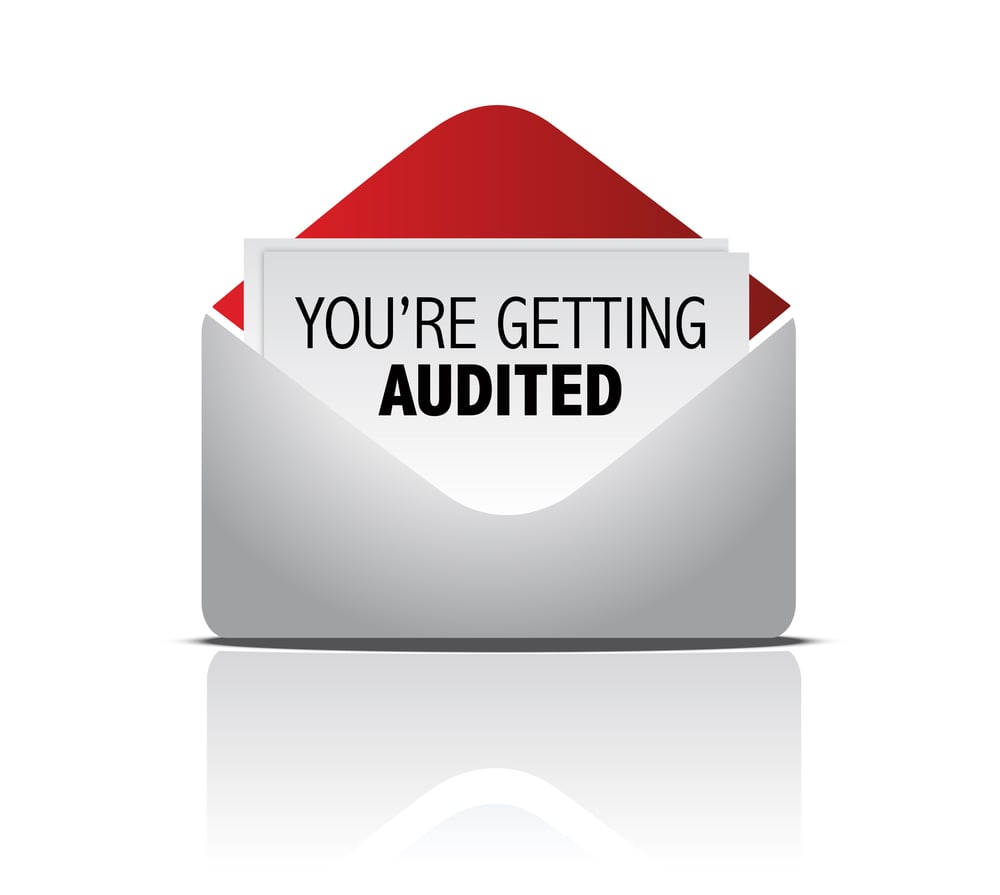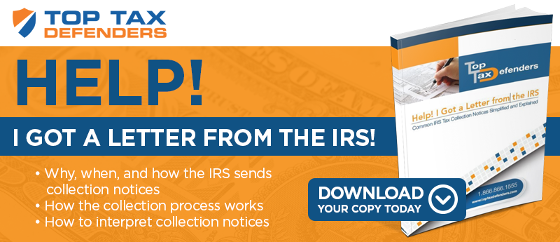
When you receive notice from this agency, it is vital that you understand the communication and act accordingly. You can avoid running afoul of the IRS by understanding the 10 most common notices it sends out each year.
CP501/CP502
Two of the most common notices sent out, a CP501 or CP 502 notice alerts you that you have a past due tax obligation. When you get this notification, it should tell you important facts about your tax debt, such as:- The amount that you owe
- The year from which you owe this tax debt
- How much interest you can expect to accrue on the total obligation
- The due date by which the obligation must be paid
- Garnishing your paychecks
- Seizing assets like your car or real estate
- Putting a lien on your future tax refunds
- Tax levies against other property
Once the IRS begins collecting on your past due amount, it will continue to do so until the debt is paid in full. This process could take years, leaving you without assets and money that you may need for your household or corporate budget.
You may be able to make an offer of compromise or work out a payment agreement that you can afford. You can also benefit by hiring a tax professional to negotiate on your behalf.
CP71C
A CP71C notification reminds you of a tax debt that you may have overlooked for several years. In some cases, the IRS will allow taxpayers several years to pay off their debts entirely. If you have not made any payments or contacted the agency to work out an arrangement, you may receive this notice in the mail.
CP503
Considered to be another form of second notification, a CP503 alerts you that you have about 10 days to remit payment in full. Once you receive this notice, it is important that you pay the debt entirely or contact the agency to work out a payment agreement or some form of compromise.
CP 504
The CP504 notice is your last alert to your tax debt. You should regard this letter as a warning that the IRS is preparing to garnish your income or seize your tax refund. This levy could impact your future state or federal refund until the debt is paid off in full.
CP 521
If you fail to or cannot keep up with your payment agreement, you will receive a CP521 notice in the mail. This notice tells you officially that you defaulted on your installment agreement. It also tells you:
- How much money you still owe
- How much interest has been accrued
- The date that you must remit payment in full
- Any penalties or cancellation terms for the agreement
CP 523
This notification comes after you break your payment agreement and the IRS plans to garnish your wages or seize assets. If you wish to avoid either of these consequences, you should acknowledge the letter by contacting the IRS. It is possible that the agency may allow you to set up the payments again if you pay a penalty fee for breaking the first agreement.
Letter 1058
Letter 1058 is the final notice of the IRS' intent to levy. It also reminds you that the agency has the right to search for other assets like bank accounts that it can seize to pay the obligation.
CP90/CP297
This letter also alerts you to impending levies and garnishments. It may demand payment in full within a 30-day time period. It should also tell you how to file a Form 12153 and request an appeal hearing.
Letter 3172
Letter 3172 lets you know that the IRS is moving ahead with seizing your assets and property. It stipulates that the agency has the right to sell those assets and use the money to satisfy the debt. It reminds you that your debt cannot be discharged by filing bankruptcy.
Letter 668D
Letter 668D is a release of levy, indicating that the debt has been satisfied. It also is sent after the time limit has expired for the IRS to collect on a debt or if the agency made a mistake in garnishing you. The letter is also sent to your employer, bank, and other financial institutions.
These notices all may be sent to you if you have an outstanding tax obligation. If you receive such a notice, you should be prepared to act accordingly to protect your finances and assets.




